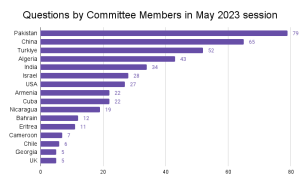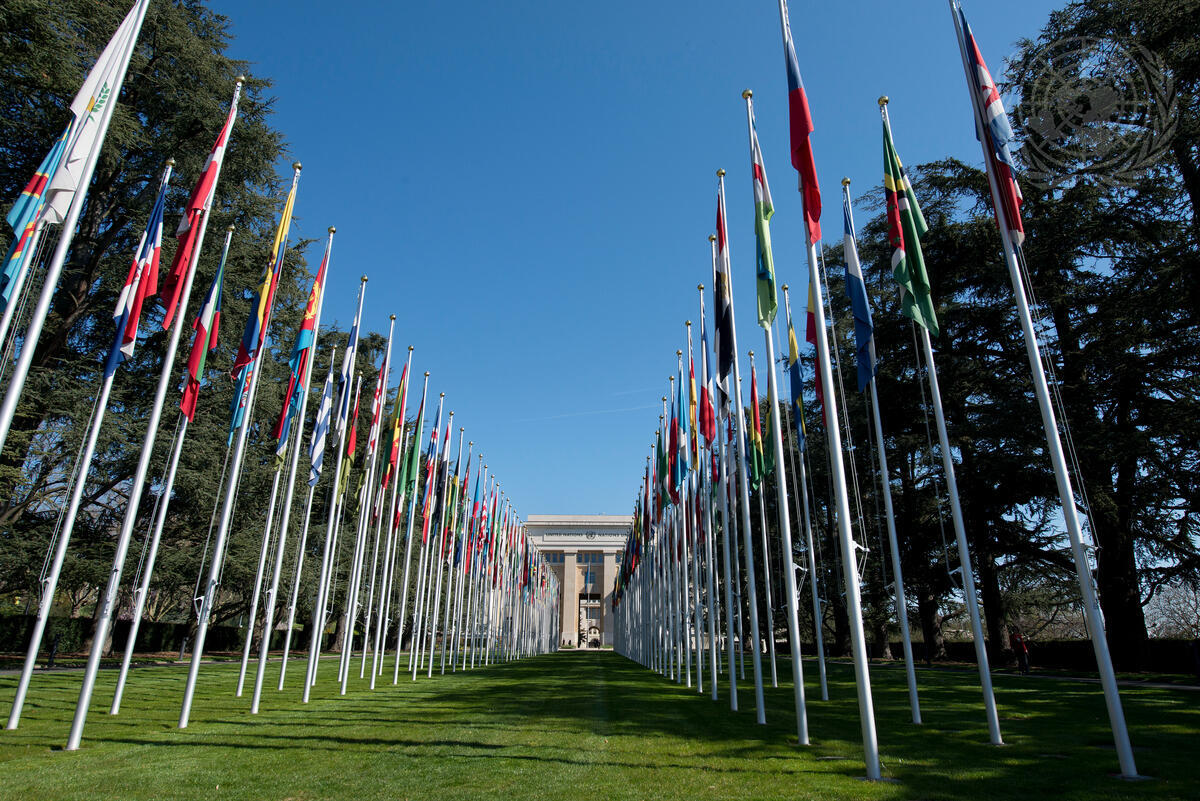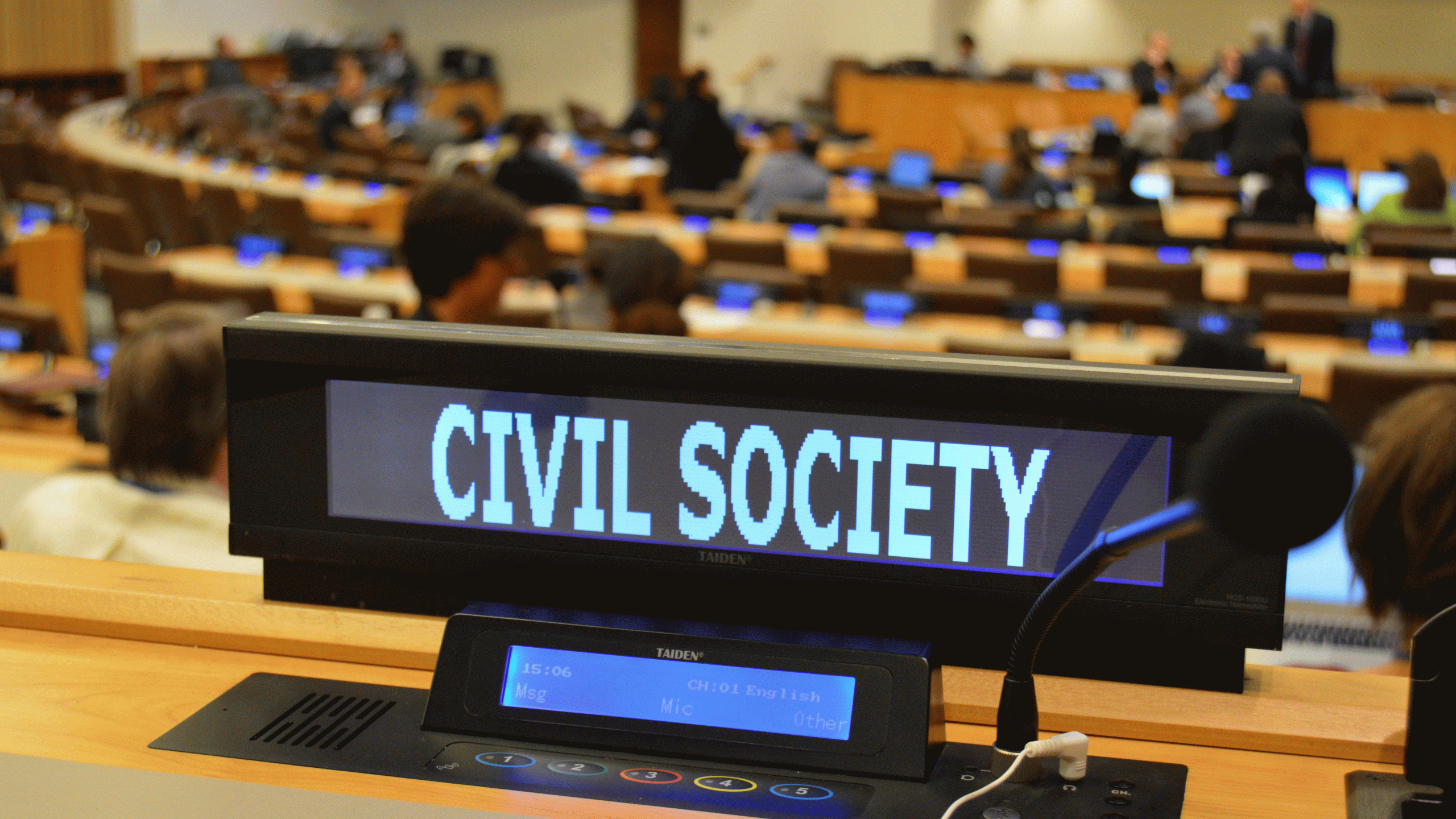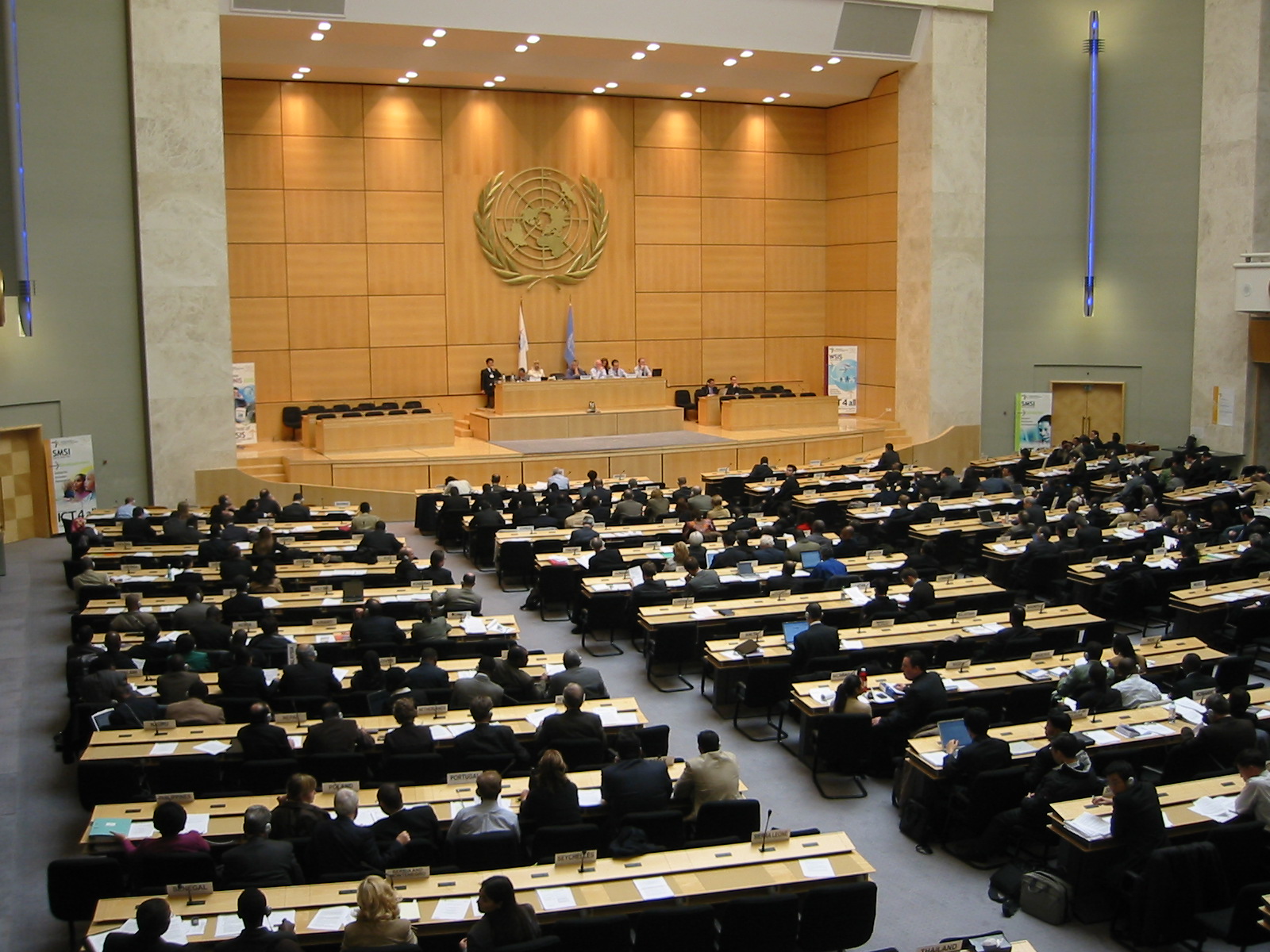NGOs securing ECOSOC accreditation abysmally low in body mandated to facilitate their participation at the UN
With the adoption of its report on 5 June, the ECOSOC Committee on NGOs (Committee), completed its second regular session for 2023. The Committee reviewed 500 applications for consultative status (204 new and 296 deferred from previous sessions) from 56 countries during the session. Of these, only 167 NGOs were successfully recommended for special consultative status, representing a low 33.4% of the total number of applications.

* No questions asked by Costa Rica, Liberia and Zimbabwe. All figures are based on ISHR’s in person monitoring of sessions.
ISHR deplores the fact that the figure, already low last session (38.2%), continues to fall and that two NGOs have been awaiting accreditation for over ten years. The newly elected Vice Chair from Costa Rica emphasised the crucial role of the Committee in enabling NGOs to contribute to the work of the UN. The EU (as an observer) and the US (as Committee member) reiterated their calls to members of the Committee to stop the practice of unjustified deferrals with repetitive questions and to clear the backlog of many credible NGOs fairly answering questions session after session.
Vote to grant accreditation to long-term deferred NGOs unsuccessful
The US highlighted several NGOs that had been thoroughly responding to the questions and therefore merited consultative status. As there was no consensus between Committee Members, the US called for a vote to grant seven long term deferred NGOs consultative status, namely the New Woman Foundation, American Center for International Labor Solidarity, Database Center for North Korean Human Rights (NKDB), the Bar Human Rights Association, Christian Solidarity International, the Center for Justice and Accountability and the Global Initiative against Transnational Organized Crime. Unfortunately, none of these six motions were successful in receiving a majority of the votes of Committee members, leading to a recommendation not to grant consultative status to these NGOs. While disappointing, this result is not surprising given the problematic membership of the NGO Committee previously discussed by ISHR.
Cautioning against Committee members’ practices of stifling any form of dissent, the delegate of the US emphasised the importance of leading with humility and allowing for critical diverse viewpoints to allow for growth and improvement. As the parent body of the Committee, the final decision on whether to accept or overturn the recommendation to not grant consultative status will be taken by ECOSOC on 25 July. ‘We urge members of ECOSOC to stop harassing NGOs with unfair tactics aimed to block NGO access, an abuse of power by certain Committee members’, said ISHR’s Jessica Biewers.
Improving the Committee’s working methods
The Committee’s Vice-Chair shared that informal consultations to improve working methods of the Committee would take place on 22 and 23 June 2023 and would include on its agenda proposals for incorporating a hybrid component to the Committee’s Q&A segment with applicant NGO sand modalities for consultation with NGOs in consultative status. The Acting Director of the Non-Governmental Organizations Branch of the Department of Economic and Social Affairs of the Secretariat welcomed the Committee convening to discuss working methods and modalities. While reiterating resource limitations, he informed the Committee that a new enhanced ICT-based system to replace the electronic platforms currently used and managed by the NGO Branch would be rolled out during summer.
Strong support for the hybrid component was expressed during the session by the EU (as an observer) and the US and Chile. We particularly welcome that Chile, as incoming President of ECOSOC demonstrated willingness to play a facilitation role. Only 9 of the 500 NGOs reviewed this session participated in the Q&A segment. The status quo creates severe additional barriers to participation for NGOs which continue to be highlighted by NGOs and certain Member States session after session. ‘It is regrettable that the Committee has failed to adopt hybrid modalities in Q&A segments in spite of discussions over several sessions’, said ISHR’s Maithili Pai. ‘We sincerely hope that in the upcoming consultations, Committee members will be guided by their mandate to facilitate civil society participation at the UN, and promptly adopt fair and reasonable measures to further civil society inclusion,’ she added.
Download as PDF





